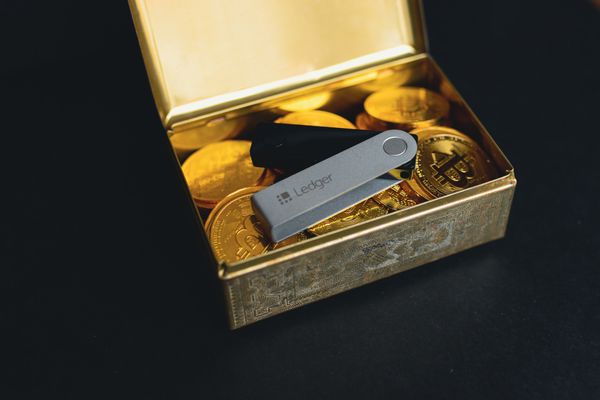The Netherlands: Young adults are most at risk of identity theft, study shows

Anyone can fall victim to fraud, but in the Netherlands, young people are hit the hardest.
Dutch citizens aged 18 to 25 were reported as the group most at risk of attacks such as phishing, identity theft and online fraud in 2019, according to a survey on cybersecurity and cybercrime conducted by Statistics Netherlands.
In 2020, 42% of all Dutch citizens aged 16 or over suffered an attempted fraud. This troubling figure has emerged from the first comprehensive study of fraud victims in the Netherlands, led by Prof. Dr. Marianne Junger of the University of Twente.
The study shows that young people fall victim to fraud more often than their elders (21.5% victims among people aged 35 and under, compared to 13.1% victims among older people). This could be because young people spend more time online, but impulsivity and knowledge of fraud are significant predictors of victimization as well.
Thus, individuals with impulsive and low fraud knowledge are more likely to become victims (28.6% vs. 14.7%- non-impulsive and 53.3% low on knowledge vs. 32.2% high on knowledge: 32.2% victims).
Has anyone tried to trick you online? Here's what to do:
1. Contact the police or other parties, such as your bank, credit card company or payment services, if you accidentally disclosed online personal information such as name, address, date of birth, bank account numbers, credit cards, passwords, car license plate details, citizen service numbers, and passport information.
2. Check your digital footprint status
To prevent future incidents and identity theft, start by finding out where your personal data landed and whether it can be used again to harm you in the future. For example, is your leaked password on the internet? Are your credit card details for sale on the Dark Web?
The simplest way to find out is to get Bitdefender Identity Protection to do it for you.
It only needs your email address and phone number to crawl leaked data to see if your information was exposed. It searches the visible and inaccessible parts of the internet (even the Dark Web) and shows you all traces you left on the Internet, intentionally or by being a victim of a data breach or cyberattack. Your online dashboard also includes the recommended steps to take for each of your accounts to secure them.
3. Change passwords and enable multi-factor authentication. You can use a Password Manager that generates unhackable passwords and stores them for you.
4. Use Bitdefender VPN when connecting to the Internet. It encrypts and redirects your traffic, keeping your online identity and activities safe from hackers and snoops.
You can get any of these solutions separately (if you have a similar one in action) or as a bundle. Read more about our complete security solutions for your devices, digital identity, and privacy here.
tags
Author
Cristina is a freelance writer and a mother of two living in Denmark. Her 15 years experience in communication includes developing content for tv, online, mobile apps, and a chatbot.
View all postsRight now Top posts
Start Cyber Resilience and Don’t Be an April Fool This Spring and Beyond
April 01, 2024
Spam trends of the week: Cybercrooks phish for QuickBooks, American Express and banking accounts
November 28, 2023
FOLLOW US ON SOCIAL MEDIA
You might also like
Bookmarks








